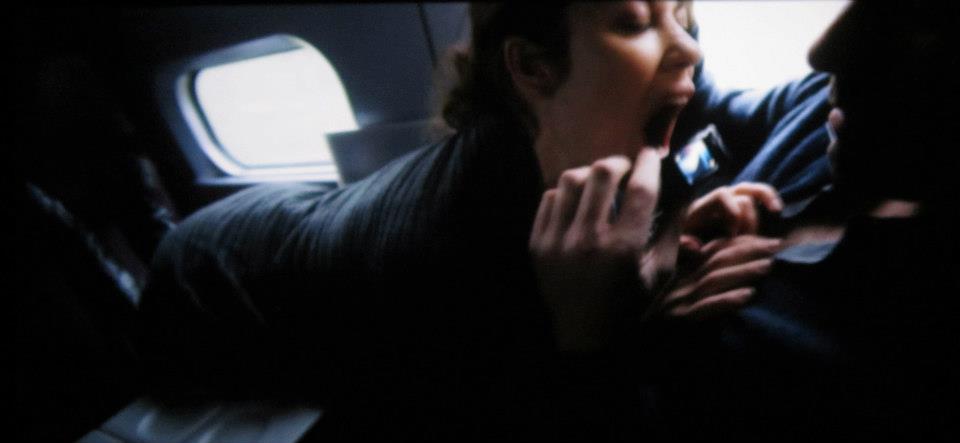There was a time when the spiritual dimension of Terrence Malick’s films was palpable but not in a way that overwhelmed the experience of ordinary life. He portrayed the sort of beauty that any of us can experience in a vast landscape, whether of Midwestern wheat fields or the virgin forests of the New World, along with all the questions that such experiences can raise as to the nature of reality.
But with TREE OF LIFE, the beauty of the universe all but swallowed the human beings hobbling along in its midst. A recognizably Christian conception of divine love, as a light illuming all that it encounters, made that film almost unendurably beautiful, too much to bear of a reality beyond consciousness itself. The practicalities of life, and the exigencies of everyday emotion, felt small and petty, munchkins nibbling at the gigantic truths, such as they might be, of whatever it was that filled the vacuums of space. It made for a cinematic experience at once intoxicating and detached, nearly impossible to talk about other than as divine revelation or as aesthetically induced delusion.
TO THE WONDER is largely in the same vein, with shot after shot of gorgeously composed imagery, usually looking up to the sky (always limitless in Malick) or down from it (always godlike). But this film is focused more strongly on human relations than its predecessor, on a love affair that begins in Europe and is tested in the crucible of the suburbs and farmlands of North America. The voices are still disembodied, as though echoing in the void after the deaths of the speakers, and the painful clarity of the images is just as hard to and impossible not to look at as before. But there are moments when the camera goes level, and looks upon things from a human height, and this happens precisely when the human interactions are at their most direct and convincing.
I would not say that TO THE WONDER ever comes down to earth, but it gets into bedrooms and backyards, onto trains and airplanes, inside banks and doctor’s offices. There are a priest who questions his god, lovers who doubt their lovers, and countries that resist foreigners, or welcome them. The effect is still distant and austere, but less naively and more questioningly, somehow, than in TREE OF LIFE. Malick’s world remains his own, or one that a very few others live in or can visit, in which God is doubted, then believed in, then doubted again, then believed in again, in a sort of life cycle of the soul. Life feels like a poem waiting to be written, a prayer not yet said, a question unanswered but that one day might be, and until then there are worlds of love and beauty to console us.
Check listings for viewing options.
